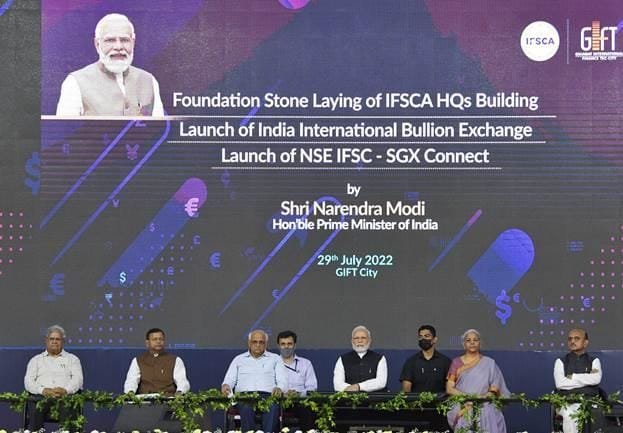Amended treaty plugs loophole
The revision of Double Tax Avoidance Agreement (DTAA) treaty between India and China is another step towards developing economic affiliation and improve cooperation in tax matters, noted tax consultants Nangia & CO LLP in its July newsletter.
The aim is to eliminate double taxation, without creation of opportunities for tax evasion/avoidance. The revised agreement, which was signed on 26 November 2018 has been notified and came into force from 5 June 2019. Any income arising in India during the financial year starting 1 April 2020, shall be governed by the provisions of the revised tax treaty.
The amended treaty may have huge ramifications for the foreign companies that become resident of the other country owing to its business being in the other country and the competent authorities do not reach to an agreement on residence of such company.
The revised treaty also plugs the loophole used by foreign entities to avoid constitution of PE by restricting their activities in the other country to less than 183 days in case of a building site, construction, installation, or assembly project.
Now fragmentation of activities to avoid constitution of PE shall not sail through and such periods of less than 183 days shall be aggregated to determine the threshold of 183 days.
For this purpose, even the connected activities conducted by closely related parties of such foreign entities shall be considered while determining the threshold of 183 days.
It may be noted that anti-fragmentation is one of the resolutions suggested by OECD’s Base Erosion and Profit Shifting (BEPS) project.
The treaty until now was subjective in respect of taxability of business profits, says Nangia.
The foreign entity was given an opportunity to prove that the PE could not have undertaken the business activities or such activities were not connected to the PE so constituted.
However, now if a PE is constituted, the profits attributable to the business activities of the enterprise shall be taxable as business profits.
Additionally, the provisions for exchange of information have also been adapted in accordance with the international standards. fiinews.com









